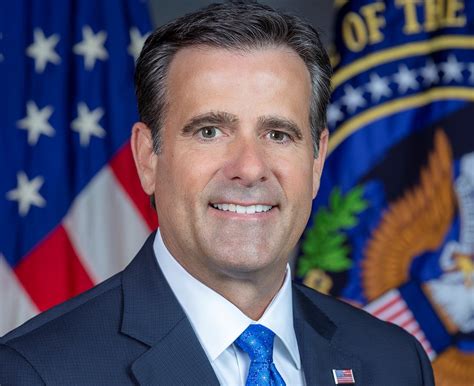A Quote by Rebecca MacKinnon
China is building a model for how an authoritarian government can survive the Internet.
Quote Topics
Related Quotes
The crisis of democracy in the West is not the result of falling in love with another system. In Europe and America people who are disillusioned with democracy do not dream about the Chinese model or any other form of authoritarian rule. They do not dream about government that controls Internet and puts in prison those daring to disagree.
It is true that authoritarian governments increasingly see the internet as a threat in part because they see the US government behind the internet. It would not be accurate to say they are reacting to the threat posed by the internet, they are reacting to the threat poised by United States via the internet. They are not reacting against blogs, or Facebook or Twitter per se, they are reacting against organizations like the National Endowment for Democracy funding bloggers and activists.
Many of us were a little to early to assume that the most logical uses of the internet in authoritarian states would be to empower people. And to force them towards participation in politics. If you look at most authoritarian states, they are very grim places to live in. The only good thing about it is fast internet. That's the only way you can find some meaning in an otherwise very dark and gloomy life.
For the third generation Unreal Engine, we are building two versions of every model in our game. We are building a source model with several million polygons, between 2 and 6 million polygons. We use that model for all the lighting detail on the mesh. Then we go to the in-game version, which is usually about 10,000 polygons.
Pick something you are interested in, and keep applying a business model that includes Internet Marketing to make it global, get thousands of leads and clients for free and make more sales. Remember you are building a business, as people make the internet appear to be push-button money, when in fact it is a medium to market your message!






























